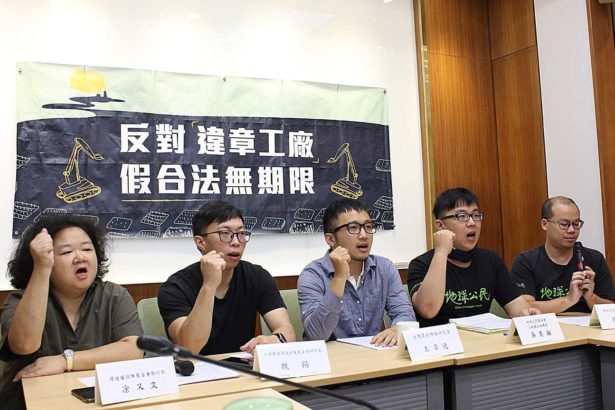With the new development of mushrooms in Taiwan, the Agricultural Test Institute has developed an electric energy sensing system to monitor the electricity consumption of growing mushrooms.
The annual output value of mushrooms in Taiwan is more than NT $10 billion, but the cultivation of mushrooms, including Pleurotus eryngii and Flammulina velutipes, needs environmental control, which consumes a lot of electricity. In order to assist the mushroom industry to use electricity reasonably, the agricultural experiment has implemented the plan of "energy-saving evaluation and abnormal warning function of the electric energy sensing system in the mushroom cultivation field", and the actual application of mushroom cultivation will make it possible for commercial use in the future.
Take Pleurotus eryngii, Flammulina velutipes and other medium-temperature mushrooms commonly eaten by Chinese people as an example, the usual temperature has to be controlled at about 20 degrees and about 18 degrees when producing mushrooms, and the cost of electricity often accounts for 25% to 30% of the planting cost in the environment-controlled mushroom house.
Fang Yidan, chief secretary of the Agricultural examination Institute, says that in general, mushroom operators can only see the total electricity charges and kilowatt-hours over a period of time, such as Taiwan Power's bills, so it is not easy to estimate the cost, and they cannot fully grasp the electricity consumption of each planting room. Through the electric energy sensing system developed by the Agricultural Test Institute, it can actually measure the electricity needed by various mushroom cultivation banks, and mushroom farmers can solve problems in cultivation rooms with high power consumption, and the system can also provide warnings for situations such as power jump and reduce the loss of mushroom farmers.
Fang Yidan said that the plan is currently working with an apricot abalone mushroom farmer in Taichung. He uses an electric energy sensing system to measure that frequency conversion air conditioners can actually save at least 20% more energy than traditional air conditioners. Therefore, frequency conversion air conditioners are selected. It is also found that some cultivation rooms have air conditioning leakage or poor insulation. By solving these problems, electricity consumption can be reduced by about 20% to 30% a year. In the future, the Agricultural Test Institute also plans to cooperate with environment-controlled mushroom houses such as Flammulina velutipes and Hongxi mushrooms to obtain more data to facilitate the launch of a commercial sensing system.

The agricultural experimental institute implements the plan of "energy-saving evaluation and abnormal warning function of electric energy sensing system in mushroom cultivation field", and actually applies mushroom planting, which is likely to be commercial in the future.
- Prev

The draft amendment to the agricultural land factory management guidance law was passed at the preliminary trial, and the controversial items such as the proportion of return funds need to be negotiated.
The draft amendment to some of the provisions of the Factory Management guidance Law, which is closely related to agricultural land factories, was deliberated by the Economic Committee of the Legislative Yuan on the 6th. Many of the amendments were adopted in accordance with the political Yuan version, and some provisions were still sent to the government and the public for consultation. One of the key points of consideration is when agricultural land is changed into land for specific purposes.
- Next

The darkest day on farmland! The amendment to the Labor Assistance Law stipulates that factories in violation of regulations will forever occupy agricultural land and set up all laws.
The darkest day on farmland! The amendment to the Labor Assistance Law stipulates that factories in violation of regulations will forever occupy agricultural land and set up all laws.
Related
- A course of planting techniques and methods on how to grow carrots
- How to plant the latest tulips?
- Is it better to pick tea in the morning or in the afternoon? When is the best time for tea to be picked? what is the third or fifth tea?
- Launch Yuanxiao Happy combination Haocha + Tea Yuan healthy Taste
- Penghu Tourism "Fireworks 20 Parade with You"
- 2022 West Lake Happiness holds "Digital Revitalization Voucher" and draws iphone13 and laptop.
- Banqiao Fuzhou social houses are designed to change start-up combined with police elimination to create a safe and livable environment
- The convenient measure of "mechanical weeding" in Xinbei has been abused and the Agriculture Bureau has imposed heavy penalties on the illegal land consolidation.
- Changgeng University Joins Hands with Four Memory Factories to Rescue Memory Talent Shortage
- The list of Taiwan's top 100 MVP managers is listed by the Director-General of the Farmers' Association of Sanxia District.

